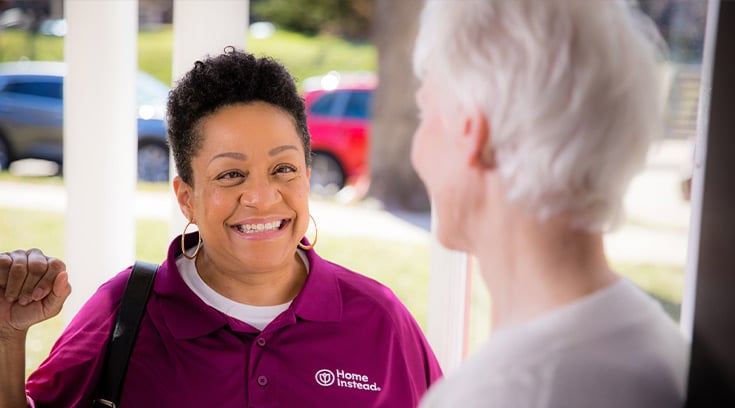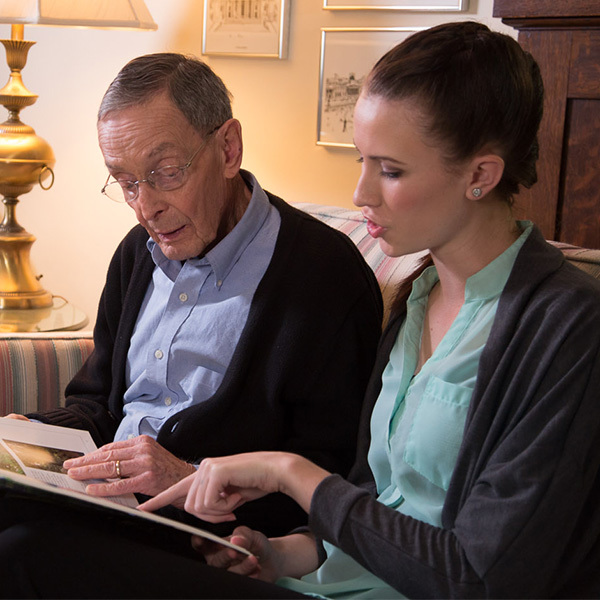How do you react when an aging loved one repeatedly asks what day it is? Or when your formerly sweet wife becomes combative while you’re helping her with a shower.
In a best-case scenario, caregiving would bring the two of you together in an intimate bond, providing memories to cherish. But all too frequently, the rigours of caregiving combined with the erratic behaviours exhibited by older adults with dementia or other health conditions can lead caregivers to feel anger and other so-called “negative” emotions.
One member of the Remember for Alzheimer’s Facebook community put it this way:
“I hope and wish that my wife’s dementia had brought us closer together. It hasn’t. In fact, she blames me for her present limitations, weeps, complains, hits me and does little (in my opinion) to help herself. While I realize this behaviour is all disease-inspired, it has become increasingly hard for me not to feel anger, disgust and resentment. I have become a full-time caregiver to a person who looks like my wife but has become an angry, disgruntled stranger.”
This video series, hosted by Dr. Lakelyn Hogan, Home Instead gerontologist and caregiver advocate, provides dementia caregiving tips to help caregivers mange common symptoms like agitation and aggression, and suggestions to make bathing easier and improve home safety.
Dementia is not the only condition that can cause behaviour changes. Medical conditions like stroke—or even the side effects of a medication—can alter a someone’s personality and ability to reason.
When family caregivers open up about their emotions, they are quick to talk about their feelings of stress, sadness and depression. But they don’t often talk about the anger, impatience and even rage that can flare in an instant.
If you have ever felt like clenching your fists and screaming in frustration, you are not alone. Most caregivers probably experience these strong emotions from time to time. The key lies in coping with them.
Don’t feel guilty if you experience anger, impatience, disgust or any of the other “negative” emotions throughout your caregiving journey. Sometimes, just acknowledging these feelings can help dissipate them. Enlist a trusted confidante who is willing to hear your frustration and anger without judging you or trying to fix the problem. You might find this strategy alone allows you to cope much better with the unpleasant emotions that can accompany caregiving at times.
Guilt can be a common reaction as well if you’ve lost your cool. These 5 tips can help you overcome caregiver guilt and get your feelings and emotions back on track.Respite Care Services Near Me









